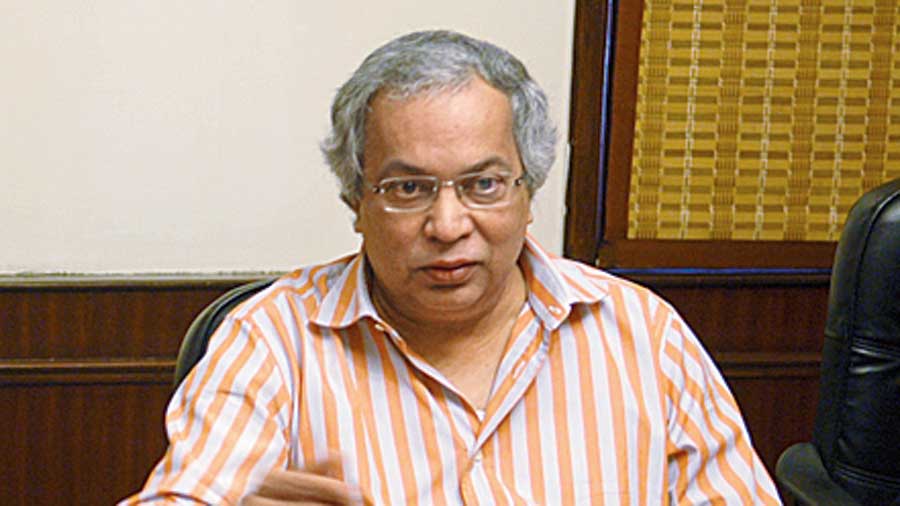Master dealmaker Purnendu Chatterjee has come up with a complicated, layered financing structure for the $2.7 billion acquisition of Lummus Technology of the US from McDermott International Inc: it has the elements of a leveraged buyout — without recourse to its new owners — topped with a bank guaranteed-debt and a shovelful of internal cash.
There are two basic halves in the financing of the acquisition. The two partners — Chatterjee’s Haldia Petrochemicals and New York based private equity firm Rhône Capital — will be together forking out $1.225 billion (Rs 9,187.5 crore) — to pick up equity in Lummus. HPL will hold a 57 per cent stake, while Rhône Capital will hold 43 per cent.
But it is the financing of the other part of the deal that is truly interesting. Lummus will be taking on the bigger slice of $1.5 billion (Rs 11,250 crore) on its books in the form of debt.
The real clincher is that the loan raised by Lummus — the takeover target — will have no recourse to the shareholders, HPL or Rhône Capital. In other words, the two equity shareholders will not be liable for any default on the loan which works out to about 55 per cent of the deal value.
Several Indian corporates have used the LBO method in the past decade when they were making aggressive overseas bets and the Indian economy was booming. Chatterjee has pulled this off when the Covid 19-wracked Indian economy is headed towards a very sharp contraction this year — possibly its worst outcome in over four decades.
Sources said there was an internal debate within HPL whether it made sense to take on such a massive debt to finance the deal. But Chatterjee, a chemical engineer by training who honed his risk-taking skills during his years with legendary investor George Soros, was convinced about the long-term potential of Lummus.
Lummus is a leading master licensor of proprietary technologies in refining, petrochemicals, gas processing and coal gasification sectors, as well as a supplier of proprietary catalysts, equipment and related engineering services.
Chatterjee, who mastered structured finance during his stint at McKinsey where he was a senior partner, believed that a lot of synergy benefit was possible going forward, especially by putting up a refinery to produce chemicals from crude oil. HPL is in the advanced stage of acquiring a 2,158 acre plot in Cuddalore, Tamil Nadu where the refinery may come up.
Sweet spot
The real sweet spot in the deal is that HPL will be putting up only $700 million (Rs 5,250 crore) as its contribution towards the transaction. While it will dip into its cash trove for $180 million (Rs 1,350 crore), the balance of $520 million (Rs 3,900 crore) will come out of a foreign currency term loan.
A report published by Icra noted that HPL, in which The Chatterjee Group holds an over 70 per cent stake, has formed a wholly-owned subsidiary in the Netherlands called HPL Technology BV (HTS) which will be raising the $520 million loan.
This will be backed by a standby letter of credit from the SBI. The backing from India’s largest commercial bank means that it has undertaken to pay if HPL fails to discharge its loan obligation.
The loan at the subsidiary HTS will be serviced by HPL from its internal cash flow over the next 10 years. Additionally, HPL is coughing up around $45-50 million (about Rs 375 crore) as the transaction cost to meet legal and consultancy fees.
“Notwithstanding the impressive credentials of Lummus, the acquisition would significantly reduce the cash reserves and more than double the long-term debt to be serviced by HPL even though the company hopes to realise substantial synergies over the medium to long term,” the Icra report said.
“Additionally, the ability of the target company to service the $1.5 billion debt on its books remains a key monitorable and any support extended by HPL to the target company for a shortfall in debt servicing will be a key rating sensitivity,” the report added.










